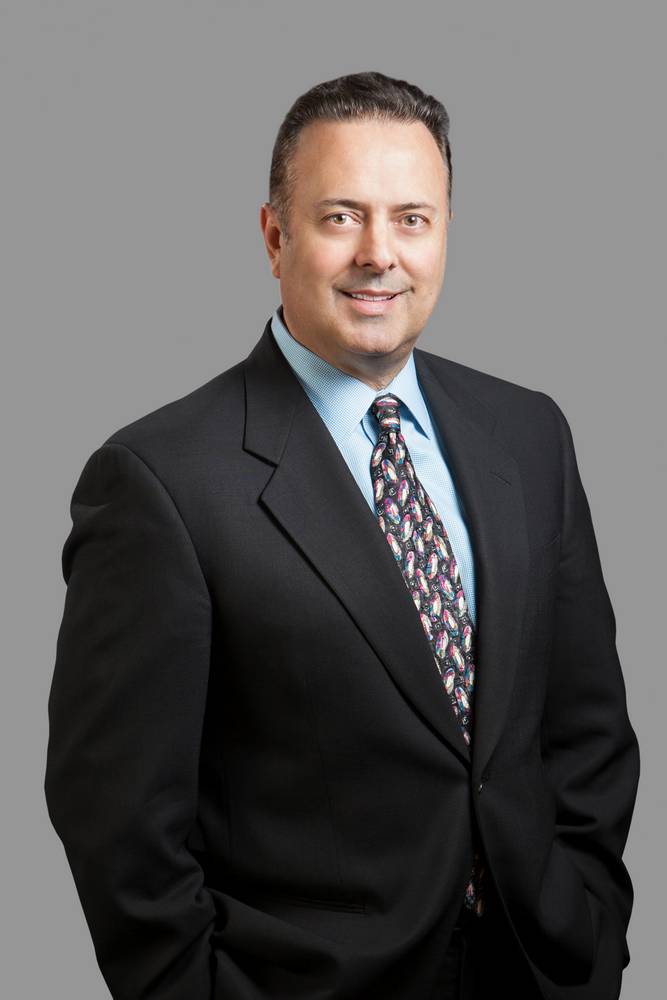
Terrence Scali wasn’t planning on a career in insurance, but the industry has certainly treated him well. Currently the CEO of NFP Property & Casualty Insurance Services, Scali took the time to tell
Insurance Business America how he got his start and where he hopes the industry will go in the future.
Q. How did you get into the insurance industry?
A. When I was 25, I was an account executive with Coca Cola USA in Arizona. They wanted to transfer me to Atlanta, but I turned it down because my girlfriend didn’t want to move there. After turning down transfers three times, I went to a head hunter and was given the option of working either for an insurance company or a computer company.
In hindsight, insurance has been very good to me. I’m still not very strong in technology so it was probably a good choice.
Q. What do you believe to be the industry’s greatest challenge right now?
A. Recruiting talent. The industry is having a difficult time attracting quality college graduates to the brokerage industry. I think the industry is facing somewhere in the neighborhood of 15,000 retirees for year and at that pace, the industry needs to replace them with much younger people.
We need to be more progressive in things like tying college loans with compensation, coupled with training programs and internships so that we can move people directly from college to employment—kind of like the training trades used to offer high school students.
Q. How would you change the industry if you had the power?
A. I think there needs to be greater industry consolidation. There are over 35,000 very small agencies around the country and many of them are lifestyle businesses. When I think of lifestyle businesses, I think of people who just work for a living—they aren’t necessarily building businesses, which leads to less than the most competent outcome for consumers.
I think fewer agencies—maybe 10,000 should suffice—would mean larger, stronger, smarter and more capable consumer advocates. It would be a more professional industry.
Q. What do you feel will turn out to be the biggest game changer to the P&C side of the industry?
A. The one thing that comes to mind is technology. In the past, underwriters at insurance companies made underwriting decisions at their desks with whatever they could get their arms around. I think that technology will enable companies to hand back some of the underwriting to the broker side of the business, and their motivation for doing that is lower cost.
By transferring that underwriting power to agents and brokers, it will lessen cost for insurance companies and lower cost for consumers.
Q. What is the best piece of advice you have received in your career?
A. Do the things that other people don’t like to do, and learn to do them well. Networking, cold calling, public speaking—most people shy away from or just don’t enjoy those things.
Q. What is your funniest insurance story?
A. I had five interviews with both an insurance company and a computer company called Control Data, and in the 1970s and 1980s, I didn’t really think computers were the future. It took 10 hours and a box of punch cards just to create a smiley face at the end of a page. It didn’t make sense to me that people would go through that kind of headache, and I told my family and my friends I didn’t think computers were going anywhere.
So, when given the choice, I chose insurance.
Q. If you weren’t in insurance, where would you be?
A. I like the business of buying and selling, so I would probably be in private equity of I were going to do it all over again.
You may also enjoy: "5 minutes with...Hank Watkins, Lloyd's of London"
"5 minutes with...Brady Kelly, NAPSLO"
"5 minutes with...Perry Lerner, Crown Global Insurance"

 Terrence Scali wasn’t planning on a career in insurance, but the industry has certainly treated him well. Currently the CEO of NFP Property & Casualty Insurance Services, Scali took the time to tell Insurance Business America how he got his start and where he hopes the industry will go in the future.
Terrence Scali wasn’t planning on a career in insurance, but the industry has certainly treated him well. Currently the CEO of NFP Property & Casualty Insurance Services, Scali took the time to tell Insurance Business America how he got his start and where he hopes the industry will go in the future.